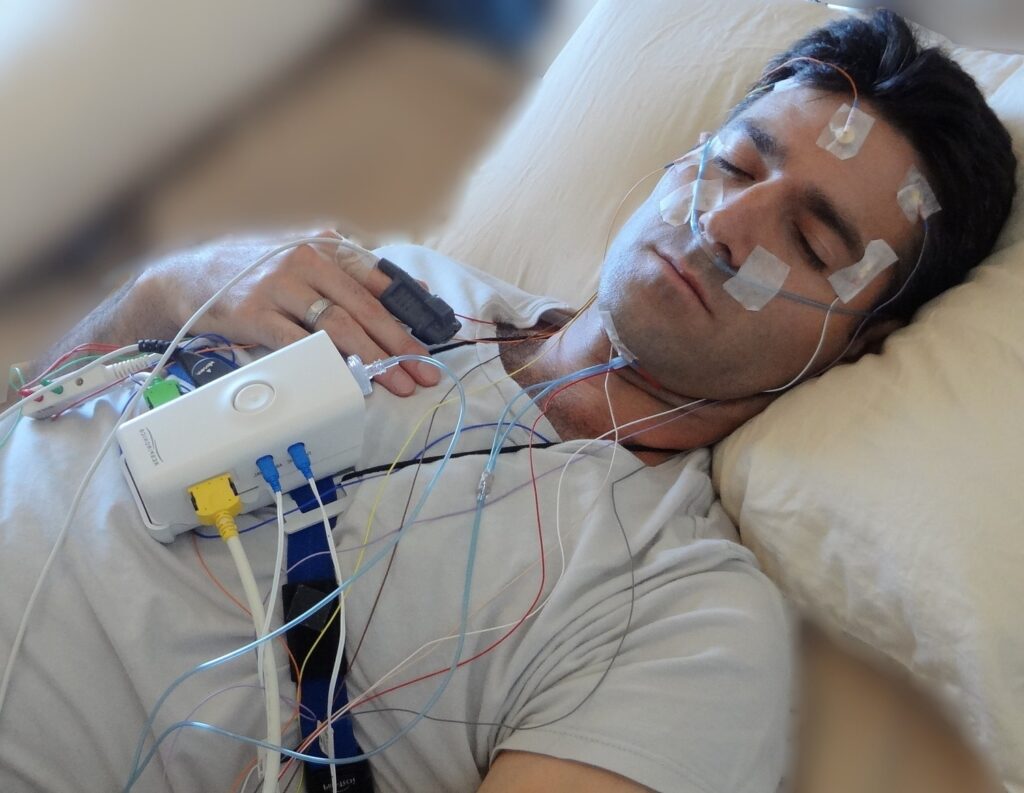

You can’t afford to ignore the benefits of a good night’s sleep. It lowers the risk of cardiovascular diseases, has been linked to better mental health, and gives your body cells time to repair themselves. According to the Telegraph Trusted Source The surprising health benefits of staying in bed Those of us partial to a lie in woke up to good news this week, as a new study showed that a good night’s sleep can help with weight loss. www.telegraph.co.uk , some studies even link good sleep with weight loss. More recently, however, there are studies that show insufficient sleep could result in cognitive decline. This does not mean that you should sleep too much. Another study by Washington University School of Medicine’s researchers revealed that too much sleep also has the same impact and could result in conditions such as Alzheimer’s.
The research team wanted to identify sleeping patterns that could result in cognitive decline. So they used a sample of 100 people within the mid to late 70s and tracked their patterns for about 4 to 5 years. At the time, only 12 people showed signs of cognitive decline.
The participants were asked to complete various psychological tests that test for dementia or cognitive decline. The researchers then combined the results from the tests into one score referred to as PACC (Preclinical Alzheimer Cognitive Composite) score. The lower the score, the worse their cognition was.
The scientists measured sleep using an EEG device that was worn by the participants on their forehead for about 4 to 6 hours as they slept. This test was only done once, 3 years after the participants did their annual cognitive tests. The EEG made it easy for the researchers to measure brain activity accurately and let them know whether the participant was asleep, how restful their sleep was, and for how long.
Even though this test was only conducted once, it still helped the researchers determine the normal sleeping habits of the participants. The sleep was disruptive during the first night due to the device but went back to normal on the subsequent nights. The research team also considered several factors that also cause cognitive decline, including the presence of tau or beta-amyloid protein, genetics, and age.
The results were as follows: sleeping more than 6.5 hours or less than 4.5 hours could cause cognitive decline over time. This is, of course, also dependent on the quality of your sleep.
According to CNN Trusted Source Sleep: Too much is linked to a greater chance of disease or death | CNN Sleeping more than eight hours a night is linked to a higher chance of poor health, particularly from cardiovascular diseases, a new study says. www.cnn.com , humans should sleep for 6 to 8 hours. While it’s not clear why lack of sufficient sleep causes cognitive decline, there have been several theories. The first one is that when you’re asleep, your body is able to flash out the buildup of harmful toxins that occur during the day.
A study revealed that people who experience sleep disturbances have a high chance of developing dementia. Another research showed that people who have an insufficient sleep have higher beta-amyloid levels that have been linked with Alzheimer’s disease. Experimental evidence showed that even one night of insufficient sleep could increase beta-amyloid levels temporarily. It’s, however, unclear as to how too much sleep can cause cognitive decline.
One of the interesting aspects of this study is that it recommends a lower optimal sleep duration (6.5) hours, while most experts recommend up to 8 hours of sleep. In this case, it could be that the duration of sleep isn’t really important, but the quality of the sleep. For instance, the study also revealed that less restorative sleep highly impacted cognitive impairment.
It’s difficult to tell from this study whether the cognitive decline was primarily caused by long sleep durations. We shouldn’t rule out that the participants who slept for longer may have had pre-existing cognitive difficulties that could cause dementia. In addition, even though the research team adjusted for several dementia-related factors, they may not have accounted for factors such as socioeconomic status, poor health, and levels of physical activity.





